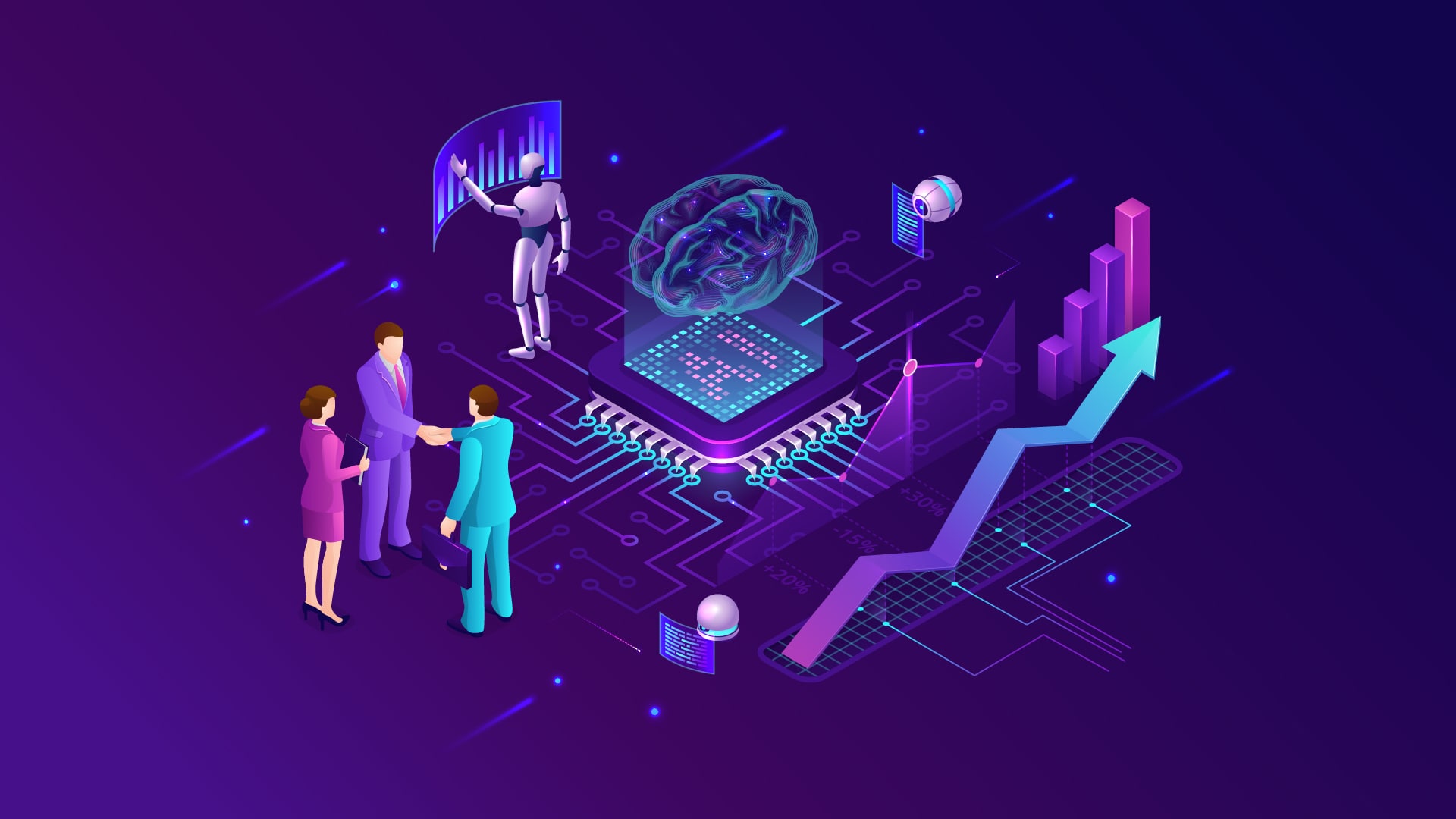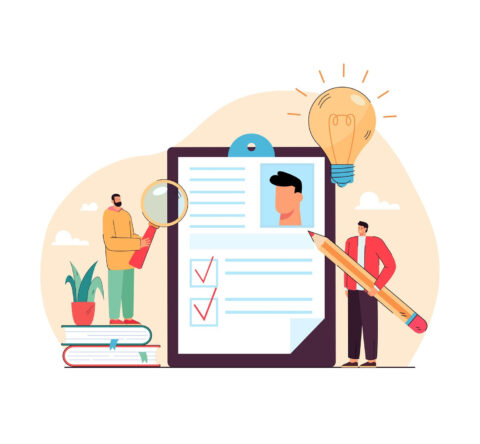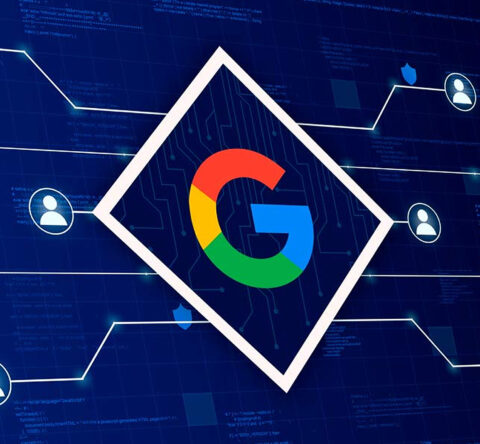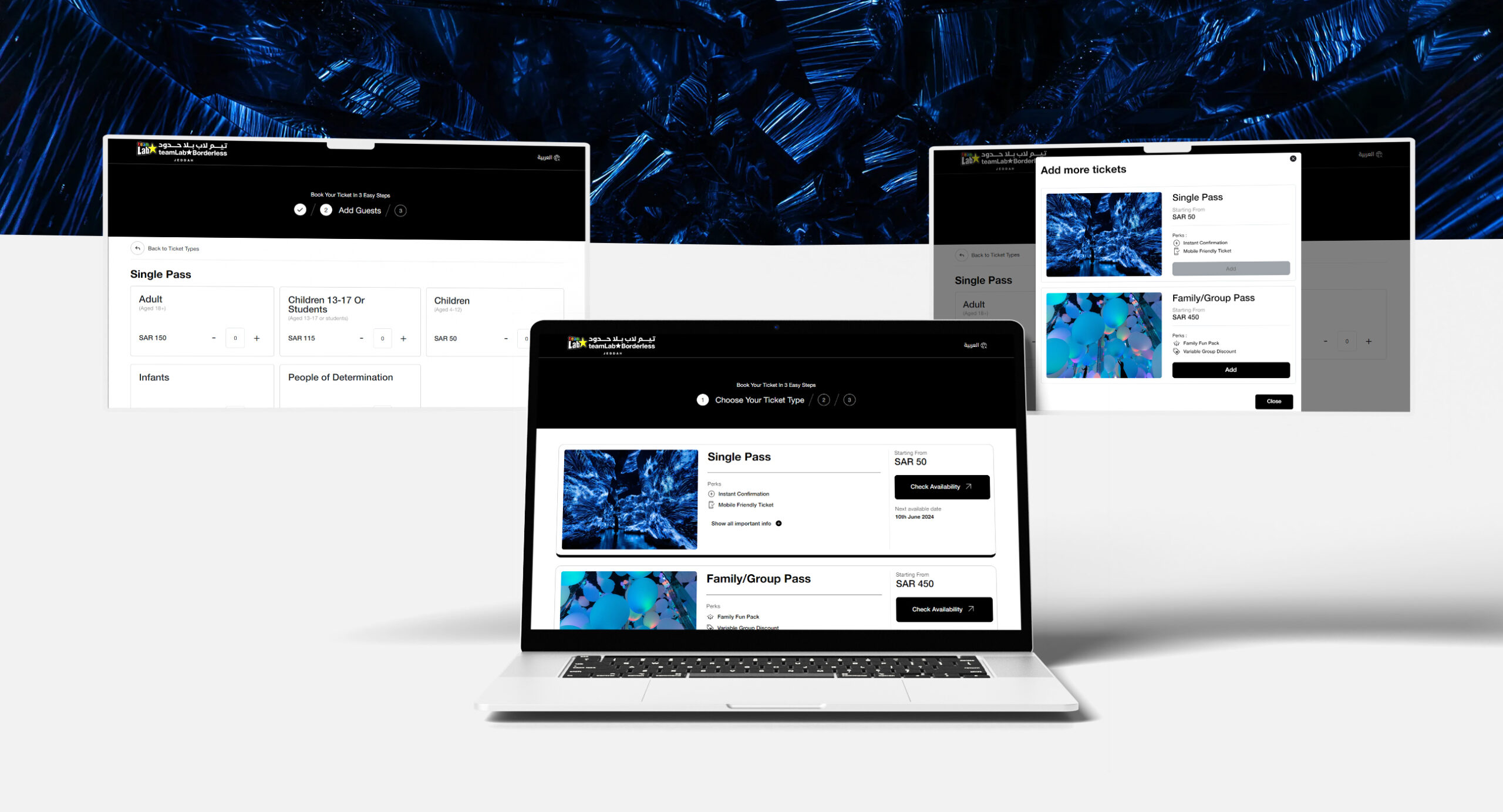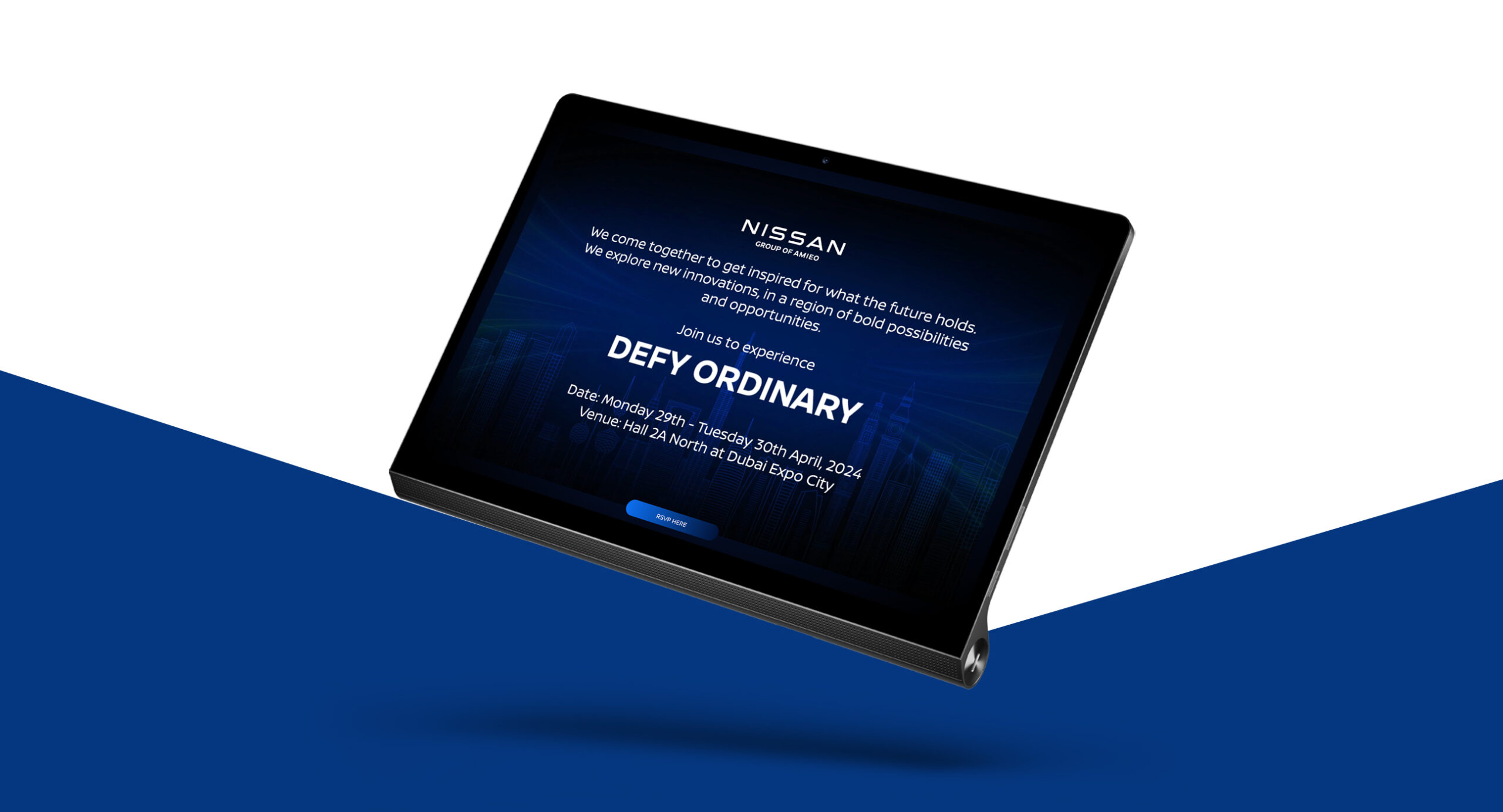Artificial intelligence is enriching the B2B landscape with its dynamic capabilities. AI in B2B marketing is about using technologies like machine learning and algorithms to automate the marketing process. An increased sense of injection is incorporated into the marketing strategies. Artificial intelligence in B2B marketing is all about optimization and customizing personal experiences.
Since more businesses are embracing AI in B2B marketing, it is clear that rather than replacing human intelligence, artificial intelligence in B2B marketing serves to complement it. Here are a few ways AI transforms B2B marketing:
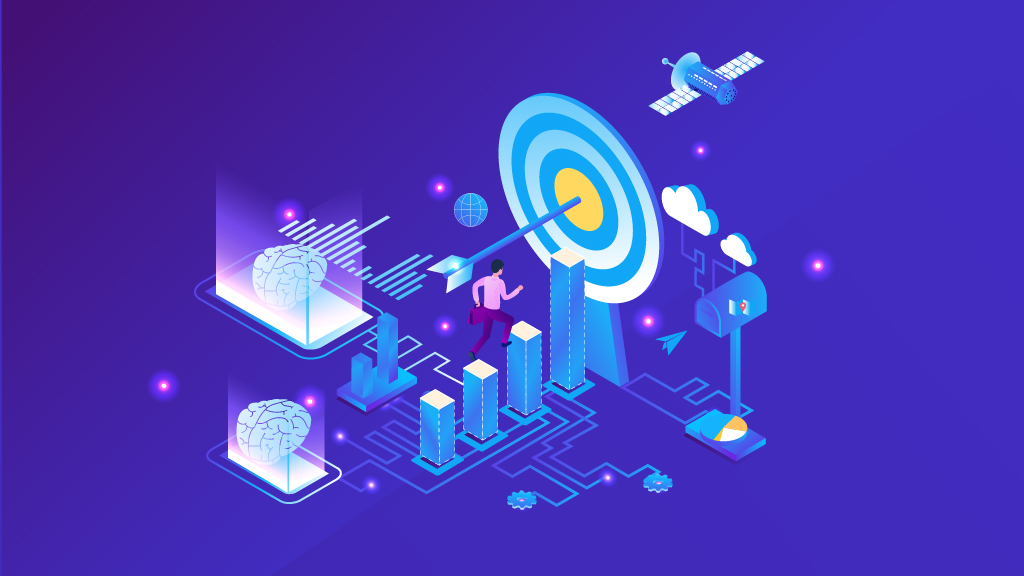
Improves lead generation and scoring
A couple of challenges confronting marketers are generating high-quality leads and a high number of leads. By incorporating AI into the lead generation process, this problem can be resolved by automating data collecting and processing. This, in turn, will increase the quality and quantity of leads generated. AI can dig deep into the sales funnel and provide real-time dynamic data across channels and databases.
With lead generation being a time-consuming manual task, automation in this area is part of the IT business strategy. Artificial Intelligence in B2B marketing allows marketers to spend less time manually collecting the data and more time implementing strategic practices.
Fosters better customer insights
The instant a consumer enters the sales funnel, firms intending to use customised targeting must create precise buyer personas and ideal customer profiles. Combining AI, analysis tools, and social listening helps a business achieve its goals.
An example is that you would want to obtain insights about your customer’s pain points or what your business competitors are targeting. All of them can be used to strengthen buyers’ personas and formulate a customized environment.
Enhances the customer experience
At the level of customers, smart technology in AI is where it truly shines. Digital assistants like Siri and Alexa have set the tone for voice-based technology. Customers are not mainly relying on voice-based searches to browse the internet; they are buying things too. Businesses are cashing in on this trend of artificial intelligence in B2B marketing by making their websites responsive to voice searches.
Not only does this put the website in front of more potential customers, but it also plays into inclusive website design strategies that make the website accessible to everyone.
Personalizes B2B marketing
There is no need to panic if you are concerned that AI may dehumanize the brand’s content marketing approach.. AI in B2B marketing is a powerful personalization tool that you should be using to your advantage.
Customers want businesses to understand their unique needs and preferences, and they are prepared to boycott them entirely if they do not meet their expectations. This means that general pitches are unanimously redundant, though personalization may turn out to be hard work.
Optimizes the website or app’s performance
How often do you scrutinize the performance data of the website to identify any areas or issues for improvement? Website analytics can be convoluted, and interpreting them strategically on a consistent basis is a difficult task. AI-centric tools like Google Analytics use machine intelligence to condense complex data into actionable insights.
One standout feature of AI B2B marketing is that marketers may be alerted right away to any unfavorable or unexpected data adjustments. If there is a sudden spike in a critical matrix like the website’s bounce rate or the percentage of people who leave your website after a single page session, AI tools dish out real-time alerts along with other relevant data. This is one of the indicators you would want to pay attention to because these surges can indicate technological faults that have the potential to harm your business.
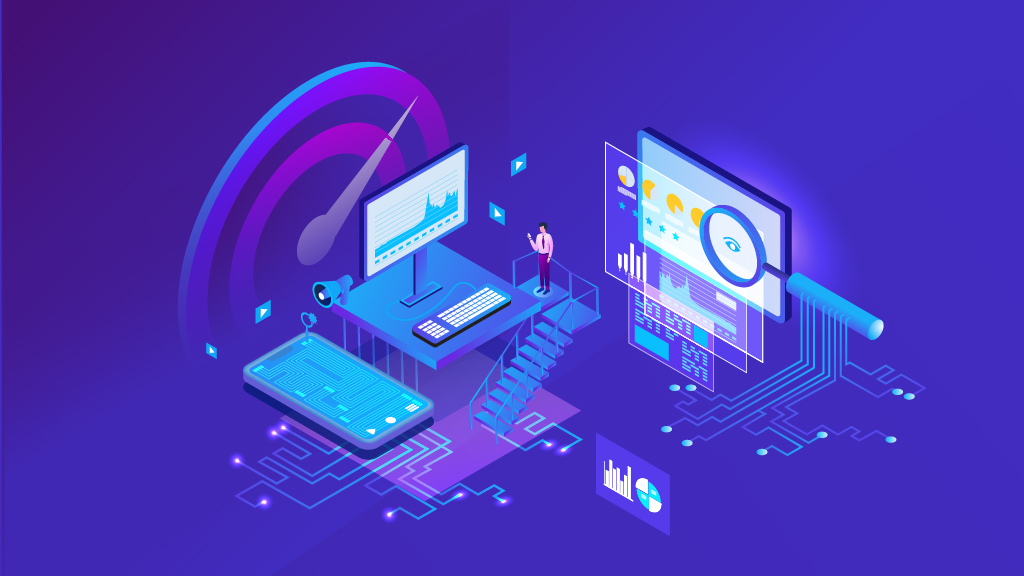
Simplifies SEO
AI-driven SEO tools do more than save you time by sourcing relevant keywords. They are able to create new content by identifying current topics and making keyword predictions. Even old content can be optimized for SERPs by performing dynamic keyword and link updates. AI is known to keep old content fresh, and your new content is ahead of the curve.
When it comes to actually crafting content, AI is not able to master the nuances of engaging and motivating copyrighting. But there are a host of AI-powered tools that help writers enhance their writing skills.
Increases customer engagement
The content is optimized and ready to be published, but if you publish it at the wrong time, all your efforts will go to waste. This is where AI makes its presence felt, driving maximum customer engagement by ensuring that the content is posted at the right time.
As a baseline, the best time to publish social media content or a blog post is in the afternoon or evening. The best time to send marketing emails is in the morning. While publishing content, marketers need to take other factors into account as well. Additionally, crucial elements include the platform they utilize to publish the material and the device optimization.. This makes AI more useful than relying on guesswork.
Improves customer relationships and customer service
By providing high-quality customer service, it is important to nurture positive customer relationships. Customer service automation is one of the leading uses of AI today. By allowing AI to focus on simple tasks, agents are free to focus on customer queries that require more problem-solving and empathy.
This is one of the main reasons why 39% of businesses want self-service options. AI-centric applications allow organizations to deliver quick and convenient customer service across multiple channels. It has led to AI implementation becoming one of the fundamental best practices for companies with enterprise ambitions.
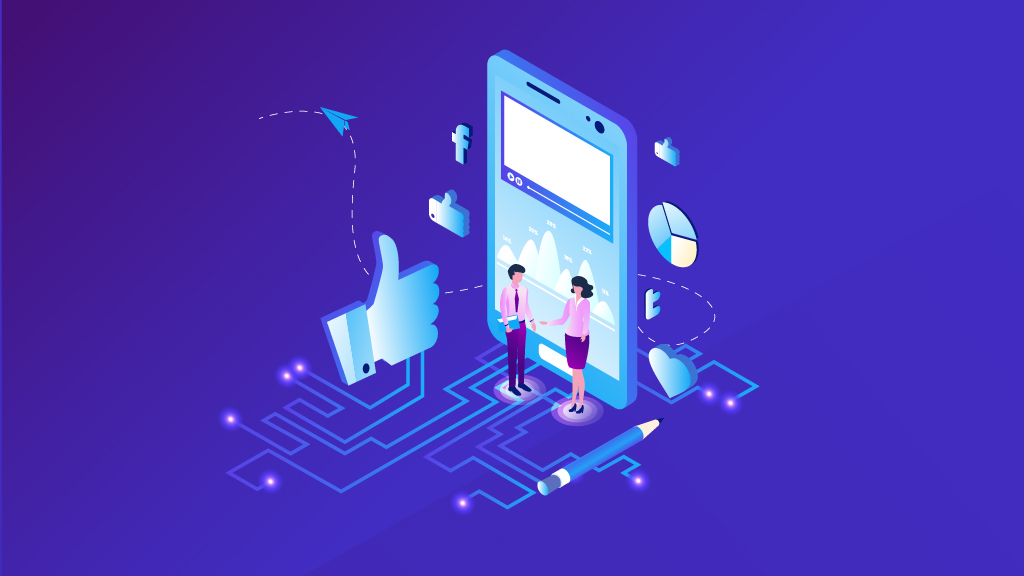
Are you ready to embrace AI in B2B marketing?
By now, you may be thinking about whether you are keen to embrace AI in B2B marketing. Artificial intelligence is not only changing the marketing space; it is revolutionizing the business world as well. Marketing is one of the strongest AI usage areas, with its impact felt not only by the business but also by the customers. By providing businesses with the tools and insights to deliver value at any touchpoint, AI in B2B marketing can enhance brand relationships and experiences.
Related Post
Publications, Insights & News from GTECH


